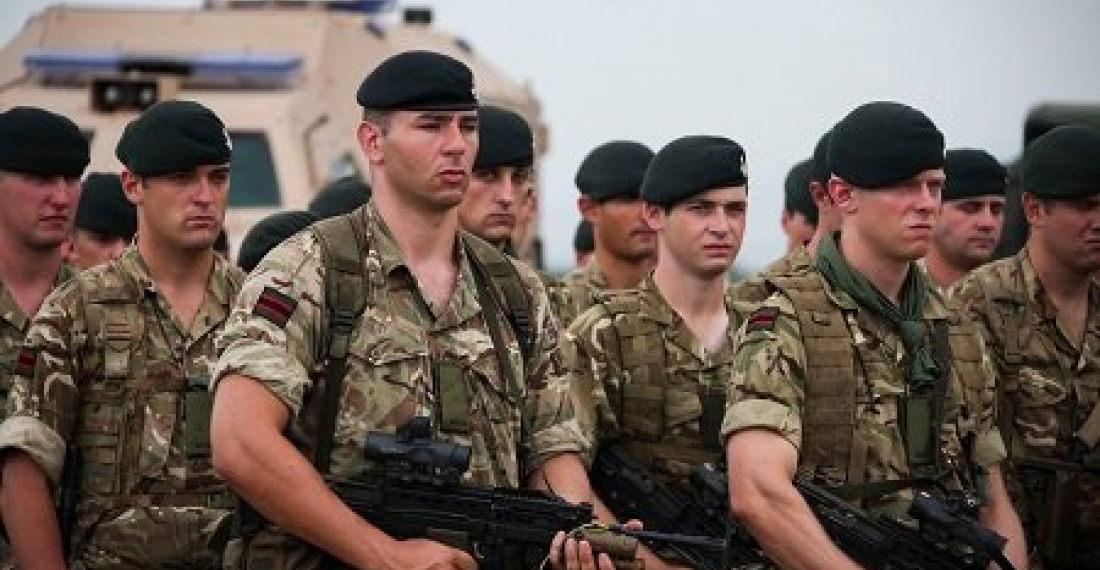A senior Russian MP has criticised Armenia for its contacts with NATO and participation in a NATO exercise in Georgia. The Chairman of the State Duma Commission for legal support to the development of the Russian military-industrial complex, Vladimir Gutenev, said that Armenia's participation in the Noble Partner exercise of the NATO members and the alliance's partners raises numerous questions.
"The North Atlantic Alliance's desire to allure Russia's strategic partners in its ranks has long ceased to be a secret. We can see, however, that Serbia, which receives aid from us within the framework of military-technical cooperation, despite being surrounded by NATO countries, pursues a more balanced policy than Russia's neighbors, which are dependent in terms of ensuring their national sovereignty. In light of that, it is strange to see Armenia, a CSTO member, taking part in the exercises of the military-political alliance whose members not only make aggressive statements about Russia but also expand the area of their military presence," Gutenev told TASS news agency on Thursday (2 August).
He noted that "the countries closely cooperate in the security area." According to the lawmaker, "Russia provides assistance and preferential supplies as part of military-technical cooperation and, as a guarantor of peace in the Armenian-Azerbaijani conflict, sometimes suffers economic losses."
"We have already seen people with pro-Russian rhetoric coming to power in a number of countries, including Ukraine. However, they later changed their countries' foreign policy vector, which sparked military coups. At the same time, we continue to believe that [Armenian Prime Minister] Nikol Pashinyan is a pragmatic politician who has a balanced approach to interstate cooperation issues," Gutenev added.
Nevertheless, it is necessary to evaluate specific steps by that country's leadership while making important strategic decisions, including on assistance and military-technical cooperation, the lawmaker noted. "This assessment should be based not so much on assurances of friendship. It should be linked to the stance on cooperation with our strategic adversaries, while voting in the UN, the OPCW and other international organisations," he stressed.
Gutenev criticism comes in the same week that Russian Foreign Minister, Sergei Lavrov, publicly rebuked the new Armenian authorities for initiating criminal proceedings against officials of the former government, including former president Robert Kocharian, and the current head of the CSTO military alliance, Yuri Khachaturov.
related content: Russia expresses displeasure at recent developments in Armenia
The 13-nation military exercise "Noble Partner 2018" kicked off in Georgia's Vaziani military base on Wednesday (1 August) with over 3,000 soldiers taking part. Armenia, Azerbaijan, Britain, Estonia, France, Georgia, Germany, Lithuania, Norway, Poland, Turkey, Ukraine and the United States are participating in the drills which will end on August 16.
At the opening ceremony on the outskirts of Tbilisi, Georgia's Defense Minister Levan Izoria said the goal is to make the armed forces a full-fledged contributor to international peace and security.
source: commonspace.eu with agencies






